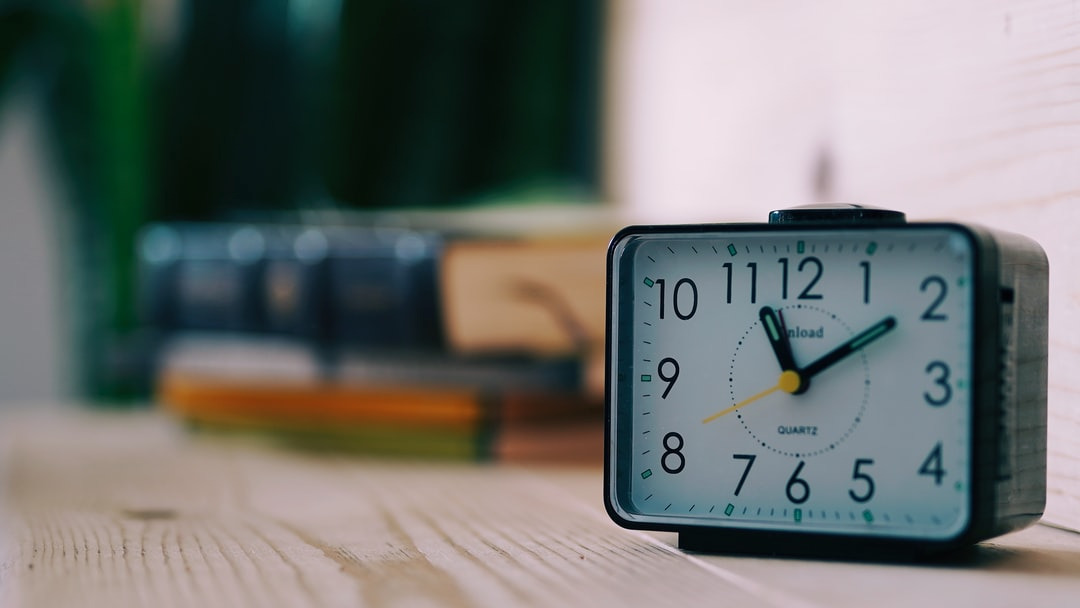
A significant part of what you will learn in treatment for substance use disorder (SUD) is the skills you will need in recovery. You will learn practical skills in treatment that will last you long after treatment ends. Treatment is the first step to eliminating substance abuse from your life, and it is the guide and foundation for the rest of your life.
Another critical aspect of treatment is addressing any co-occurring disorders you may have and processing any unresolved trauma tethering you to your past. According to experts, unresolved trauma is the root cause of substance abuse for many people, as people seek to cope with emotional pain by drinking or using drugs. To truly recover and be free from substance abuse, addressing underlying trauma is vital.
Healthy Coping Mechanisms
While there are commonalities concerning the life skills, you will learn while in treatment, it is essential to remember that everyone who enters treatment is unique and has unique needs. With respect to treatment, one size does not fit all, and your treatment plan will be different from someone else’s.
Healthy coping mechanisms are a significant part of what you will learn in treatment because many people began using drugs or alcohol to cope with the stress of life as well as to numb the pain from unresolved trauma. Many of the skills you will learn in treatment have to do with emotional regulation. While you may have had several drinks at lunch to cope with job stress in the past, you might now go for a walk on your lunch break or practice one of the many breathing techniques that you will learn in treatment.
Developing Life Skills
You will also learn other life skills while you are in treatment. Because many people have unhealthy diets when they are struggling with an active addiction, many treatment centers include education about proper nutrition in addition to serving nutritious meals to their clients. Healthful food can help to heal the body and the mind.
You will also learn to establish boundaries for yourself. Being able to establish and enforce boundaries will help you to maintain your sobriety after leaving treatment. You will learn to evaluate your relationships and decide which ones are healthy for you now that you have embraced a sober lifestyle.
You will learn to establish schedules and routines to ensure that you make time to attend therapy sessions and support group meetings, prepare and enjoy healthy meals, get enough sleep, exercise, and make time for other forms of self-care.These skills will help you maintain a sober lifestyle and create a solid foundation for your long-term recovery.
Life skills play an essential role in maintaining sobriety and are part of what you will develop in treatment. At The Guest House, we are here to help you develop the skills and habits that will aid you in recovery. In addition to talk therapy and support groups, we offer a range of treatment modalities to help you heal from addiction. Using the skills you learn here, you can lead a fulfilling life free from the burden of addiction. For more information on how we can help you, contact us at (855) 483-7800.